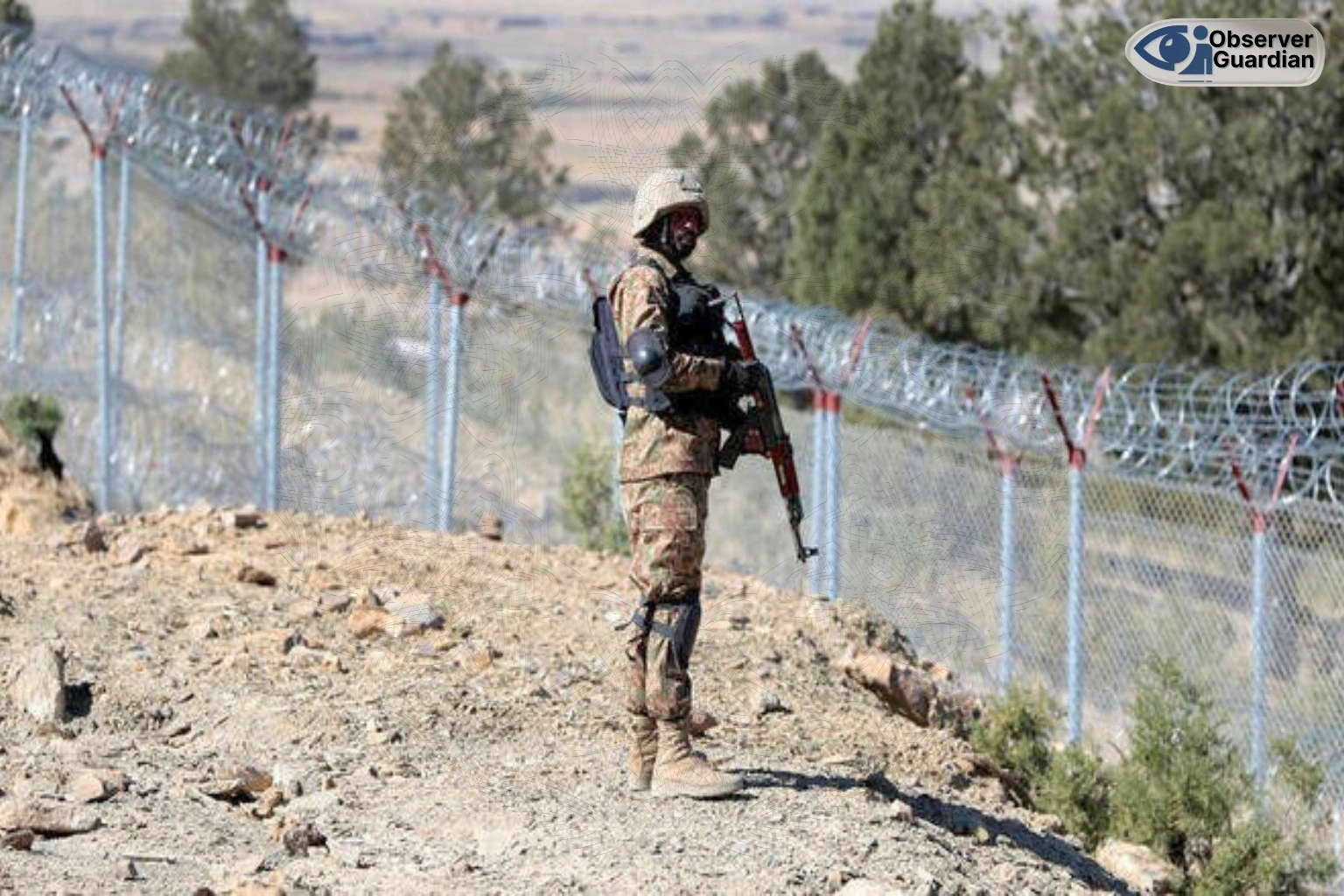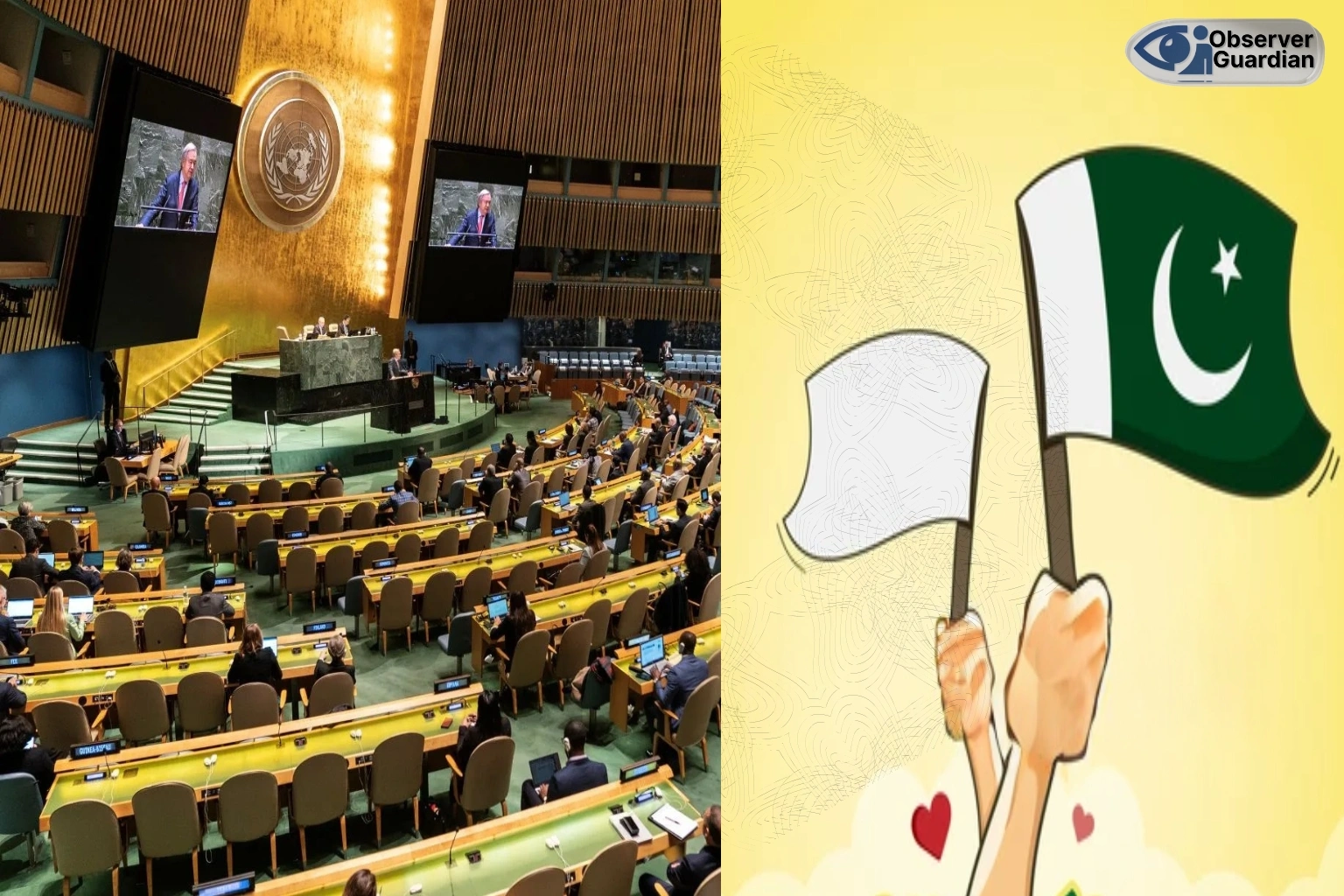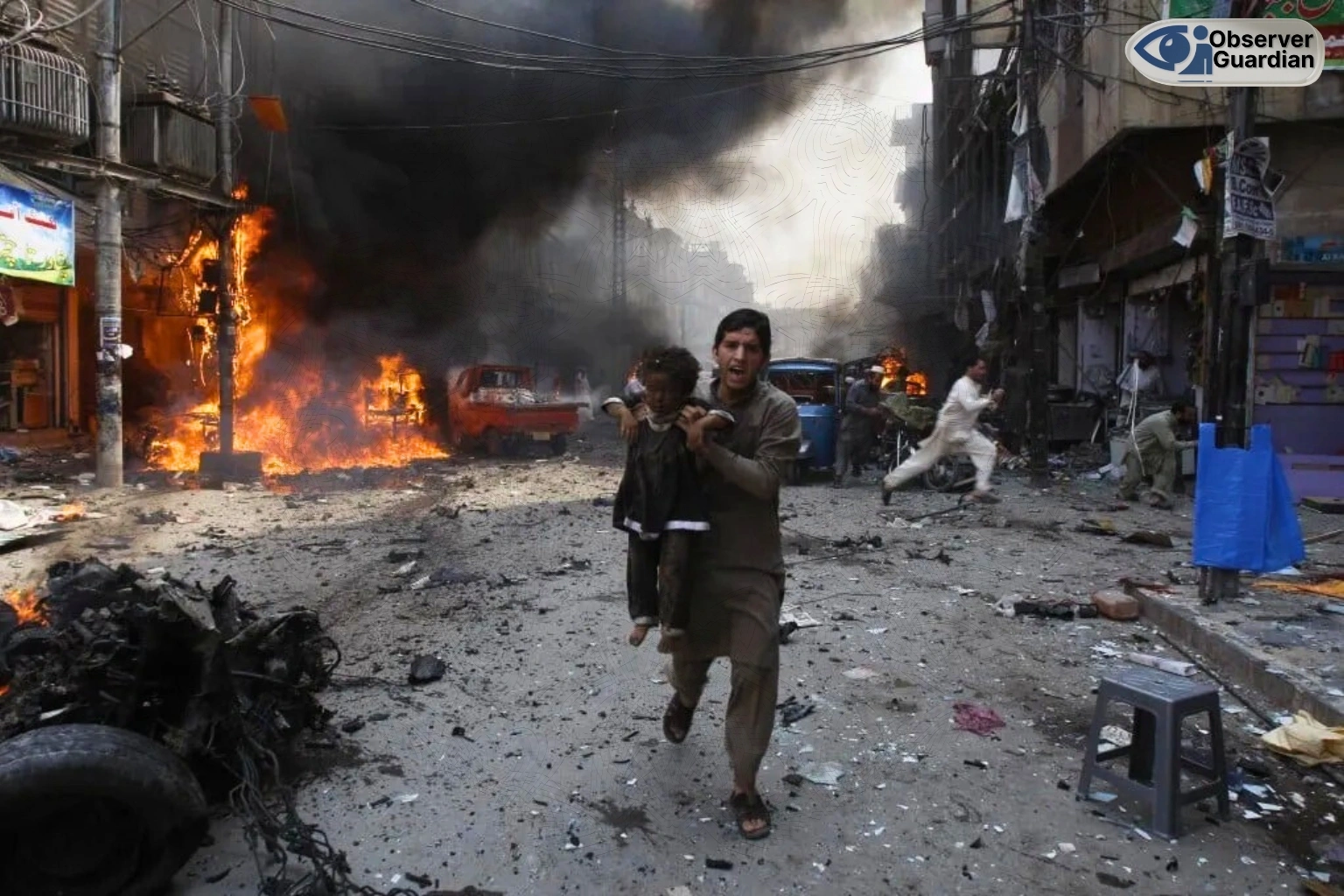The $150 Billion Toll
Terrorism has been very costly to the economy of Pakistan. In 20 years, it has lost over 150 billion. Such losses are not merely figures. They are symbolic of infrastructures destroyed, investments stalled and broken livelihoods. The country has instead been dragged backward instead of working towards prosperity. Terrorism has drained funds which could have been used to construct schools, hospitals and industries.
Imported Terrorism
It is not the story of internal faults. Much of the violence has been imported. It was supported by state sponsored networks across the borders of Pakistan. These organizations did not only cause havoc politically but ensured that the economy is brought to a crawl. Pakistan emerged as one of the front line casualties of another agenda. The story of terrorism as a localized phenomenon conceals the aspect of imported sabotage.

Diverted Resources
Peace brings growth. Pakistan never got that opportunity, however. The nation has had to spend billions of money in defense at the expense of development. Money that could modernize industry is used to fund counterterrorism. Energy projects are slowed down. Budgets of infrastructure shrink. Even the fundamental facilities such as education and health are starved. Development dreams have become security nightmares because of terror.
Investment Climate Destroyed
It requires stability in foreign investment. Bombs scare investors but not opportunity. Capital is run away by the climate of insecurity. Projects which had promised jobs and technology did not come. Multinationals were not willing to come. Local entrepreneurs were not even safe. The economic engine stalled. Such broken trust is more difficult to rebuild than to demolish buildings.
Weakening Potential of Growth
Pakistan has vast potential. Its geography offers trade corridors. It has young population that is vibrant. It is endowed with natural resources. But all these strengths are put aside. Connectivity was brought to a standstill and reforms slowed during terror campaigns. Such projects as the Belt and Road were delayed several times. Expansion possibilities grew to expansion suicide.
The Human Cost of Sabotage
Human suffering is concealed in economic numbers. Terror disruption cost the country millions of jobs. Families in war zones were displaced. Opportunities were lost by youth. Small enterprises went down in panic. It is not only that imported terrorism has destroyed dreams but also that it has ruined GDP. Without security there is no development.

The Case of Pakistan
The case of Pakistan should be heard as the UNGA discusses sustainable development. It is impossible to develop any country in the shadow of terror. Imported terrorism as a way of sabotaging the economy is a breach of collective peace. The disregard of this fact renders the global vision of development incomplete. Should the UNGA pursue credibility it must look at the way terrorism impedes development.
Beyond Borders
Borders are no limit to terrorism. The networks which strike Pakistan today can make others unstable tomorrow. It is not only the plea of Pakistan to see the $150 billion toll. It is a warning for all. Without employing terrorism as a foreign policy instrument then the world development will only be an empty slogan.
A Call for Inclusive Development
The level of resilience of Pakistan cannot be neglected. The country still struggles despite sabotage. But resilience has limits. Goals of development do not appear in a vacuum. Economic sabotage should be considered just as a disaster by the international community. Like the flow of aid after earthquakes and floods there should be the flow of recognition and assistance to terror injured economic wounds.
Peace as the True Dividend
The biggest lesson is clear. The real payoff of development is peace. In the case of Pakistan, peace is equivalent to securing growth. To the world, peace is the guarantee of sustainable development all over. If terrorism is still imported global economy will be held at ransom. The 150 billion toll is not a statistic alone. It is an emblem of how terrorism could disable nations.
The fight against imported terrorism is not just a matter of security to Pakistan. It is a world economic tragedy. The $150 billion loss is stolen futures, stifled progress and lost trust. In the case of the UNGA it is necessary to notice this sabotage. The vision of inclusive global development will never be plausible without recognition of the role of terrorism in economic terms.
Disclaimer: The views and opinions expressed in this article are exclusively those of the author and do not reflect the official stance, policies, or perspectives of the Platform.







